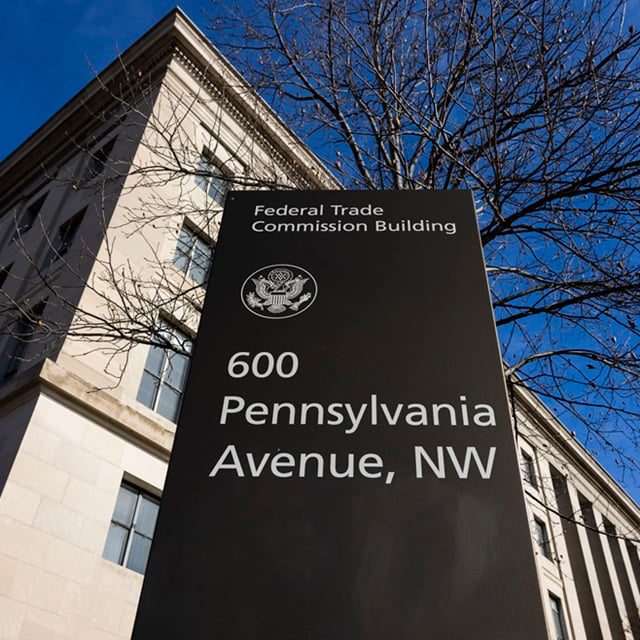FTC Bans Worker Non-Compete Rules

Tuesday’s vote fell along partisan lines with the FTC’s three Democrats in favor and the agency’s Republicans opposed.
Melissa Holyoak, the former solicitor general of Utah who joined the agency last month, said she was opposed to the rule because there was “no clear congressional authorization” for the FTC to issue it.
Republican Andrew Ferguson also voted against the rule, saying he was sympathetic to the policy in the rule but doesn’t believe courts will uphold the FTC’s rulemaking authority.
“The administrative state cannot legislate because Congress declines to do so,” Ferguson said.
In a call with reporters Monday, the Chamber’s Chief Policy Officer Neil Bradley said the FTC doesn’t have the authority to issue the rule.
‘Micromanaging’ Economy
The rule “opens up a Pandora’s box where this commission or future commissions could be literally micromanaging every aspect of the economy,” Bradley said. “Agencies can’t exercise authority that Congress hasn’t given them. Congress has not given the FTC the ability to write regulations with respect to competition.”
The agency’s Democrats, however, maintain that the FTC does have authority to issue rules defining unfair methods of competition.
The final rule also rejected the idea that the agency doesn’t have the authority to issue the rule because it represents a “major question,” citing a 1973 case that upheld the agency’s rulemaking authority.
The Supreme Court’s conservative majority has shown deep skepticism toward what it views as agency overreach. In a 2022 case involving efforts to stifle greenhouse gas emissions from power plants, a sharply divided court said regulators must have clear congressional authorization before acting on “major questions.”
The last time the FTC issued a standalone rule defining an unfair method of competition was in 1968, known as the Men and Boy’s Tailored Clothing Rule. The rule, repealed in 1994, required clothing companies to provide equal treatment in promotions to all sellers.
The agency has issued dozens of other rules that rely both on its unfair methods of competition authority and its ability to define unfair or deceptive practices.
“The FTC has some good arguments on why this isn’t a major question but a topic that fits comfortably in its authority,” said Sandeep Vaheesan, a lawyer with advocacy group Open Markets Institute who filed the initial petition for a non-compete ban in 2019. “If this isn’t a restraint of trade, what is?”
Credit: Diego M. Radzinschi/ALM




